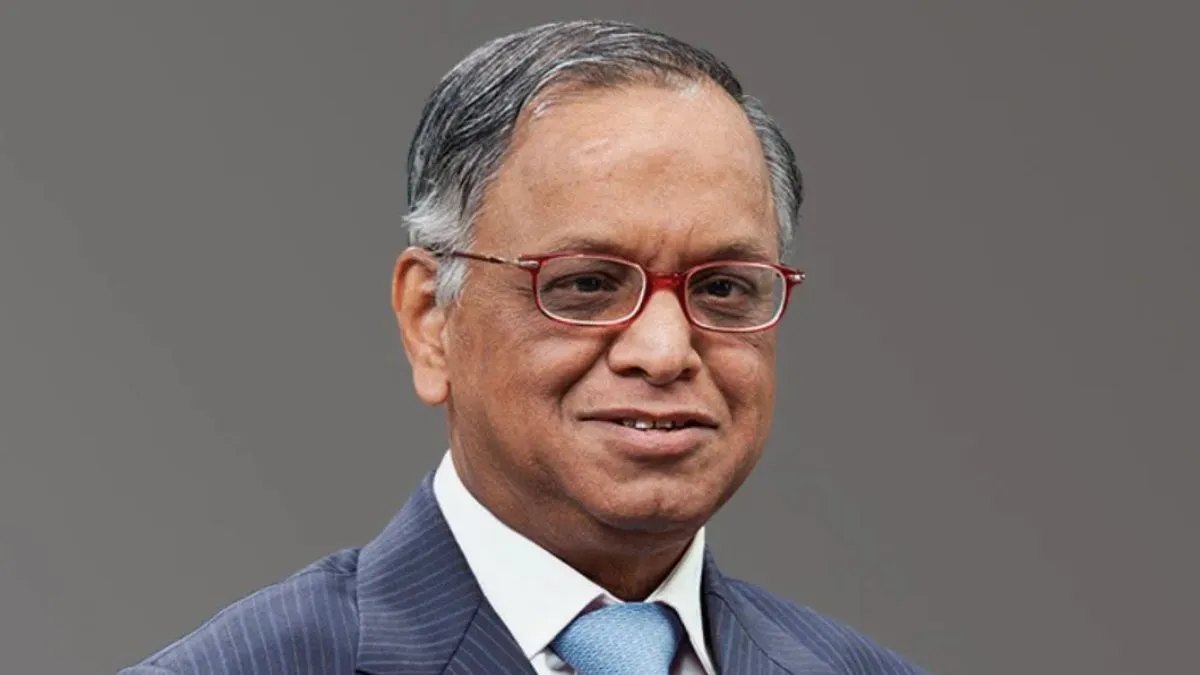- By Aditya Jha
- Mon, 23 Dec 2024 10:11 AM (IST)
- Source:JND
Narayana Murthy, India's leading businessman, has recently highlighted the issue of climate change and a possible mass migration due to it in cities like Bengaluru, Pune, and Hyderabad. Murthy warned that there is an urgent need to ponder the issue of climate change, as the top-tier cities of India have their own challenges too.
While speaking at an event in Pune, Murthy explained that the rising temperatures and shifting weather patterns might lead to a mass migration from several rural regions of the country. He said that many rural regions might become uninhabitable within the next 20-25 years because of the climate change issues, and then it will be tough to accommodate such a huge number of people in the limited cities already dealing with their problems.
“What is likely to happen is that there will be a mass migration from rural parts of states… into habitable places like Bangalore, maybe Pune, maybe Hyderabad," Murthy was quoted as saying by News18. He also pointed out that these cities have become challenging to live in because of several issues, including traffic congestion and pollution. “These cities have become extremely challenging to live in, difficult to navigate, and have witnessed rising pollution levels. They are heading toward becoming unlivable," Murthy warned.
He also urged the corporate players to cooperate with the politicians and bureaucrats to tackle the issue of climate change and rural-to-urban mass migration in our country. He stated that a cooperative initiative is a must to ensure that cities of India do not get overburdened. “We in India, particularly the corporate sector, have to cooperate with politicians and bureaucrats and ensure that there is no mass migration," Murthy was quoted as saying by the Economic Times.
However, he also stated that he is optimistic that India can deal with these issues if the government starts paying attention to the issues like climate change and mass migration from rural regions to cities. “I am optimistic that we will make progress by 2030," Murthy added.

